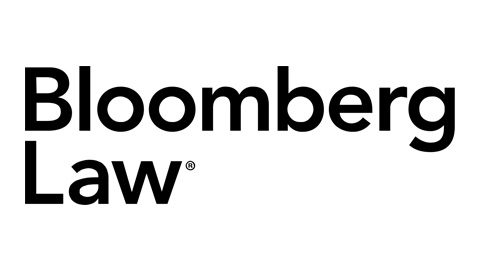Payment Reform
The early months of the COVID-19 pandemic underscored the crippling defects of fee-for-service reimbursement long used to pay most health care providers in the United States. As the volume of clinical office visits and elective procedures collapsed, provider revenue plummeted, placing a large percentage of health care providers at risk of closing their doors. Fee-for-service payment also rewards volume over quality and does little to encourage more efficient care or accountability the quality of services provided.
PBGH pursues a range of payment model demonstrations acting as a trusted third-party convening health plans, providers and employers to create consensus around alternative payment models that lower costs and improve care quality.







